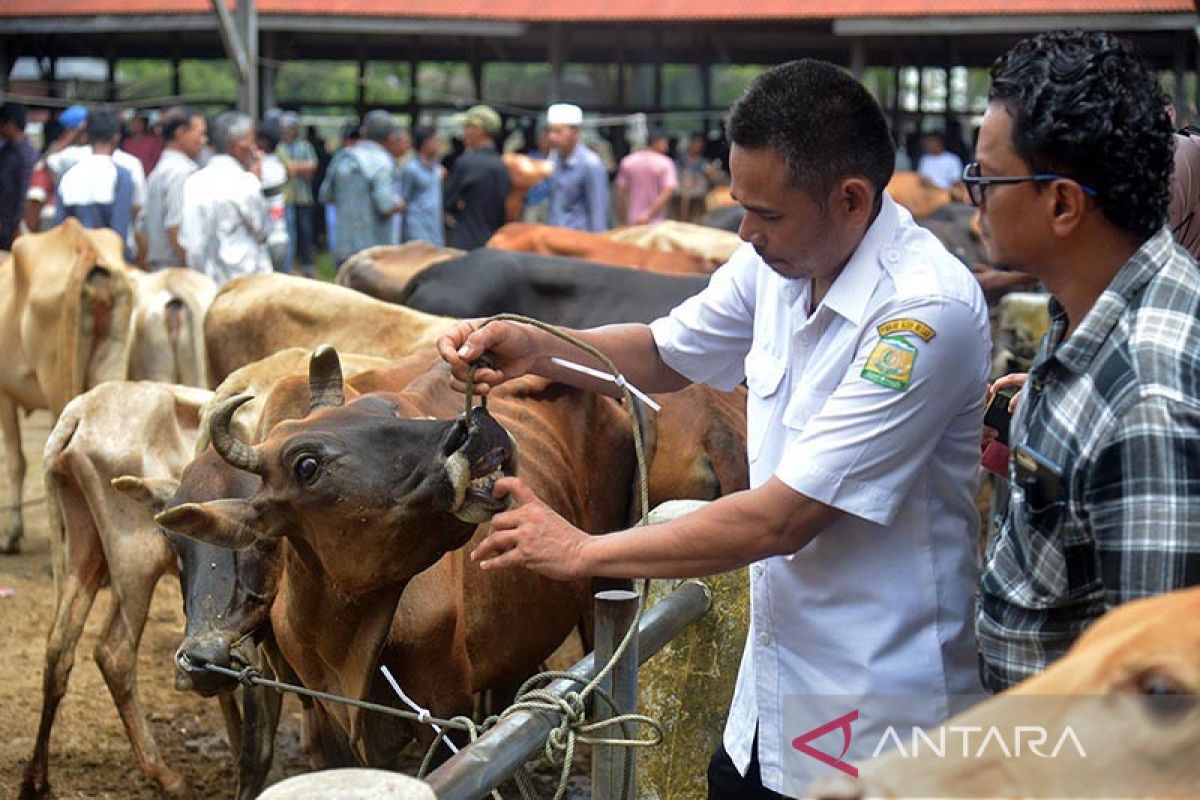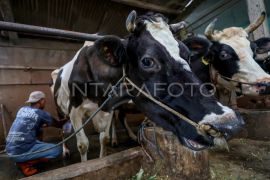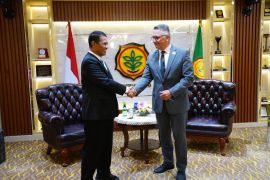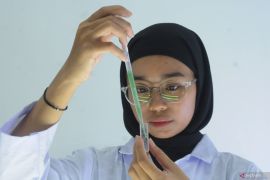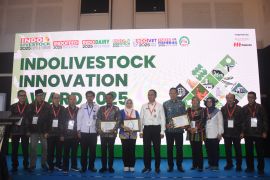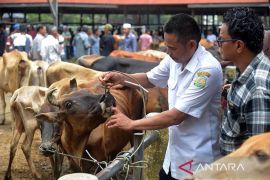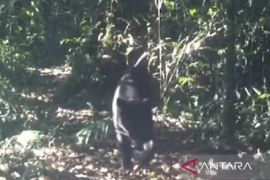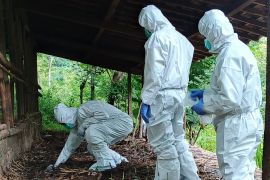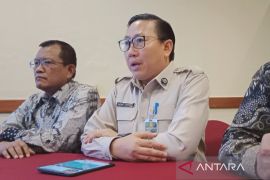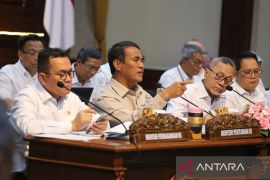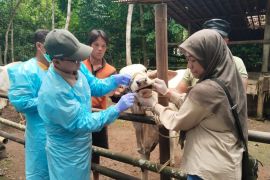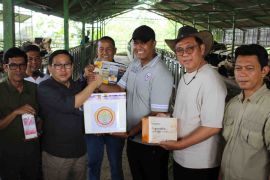The second problem involves funding. Banks have not significantly supported ruminant livestock businesses in breeding owing to several reasons, including that it is considered to be a long-term investment, he explained.
The people's business credit (KUR) distributed to the agriculture sector is deemed to be insufficient to support the development of Indonesia's livestock business, he remarked.
Related news: South Sulawesi to receive additional 200 thousand FMD vaccine doses
Meanwhile, the third challenge relates to the source of livestock that can be introduced to be developed in various regions in Indonesia.
According to Nasrullah, cooperation from all related parties is necessary, so that Indonesia's agriculture sector can develop in an optimal manner that can curb the distribution of imported livestock and livestock meat.
This condition will never be addressed if the country only relies on the state budget. As a result, strategic steps must be undertaken, he emphasized.
Realization of the agriculture sector's KUR contract until December 7, 2021, reached Rp14.77 trillion, or 98.08 percent of the ministry's target of Rp15.05 trillion.
Related news: Ministry doles out assistance to FMD-affected farmers in Bali
This KUR realization is accessed by 436,146 debtors. The fund is utilized for nursery and cultivation of cattle, dairy cattle, goats or sheep, and poultry.
The demand for cow and buffalo meat reached 669,731 tons in 2021. For this year, the demand is estimated to rise to 711,885 tons.
Domestic cow and buffalo meat production in 2021 stood at 423,443 tons, and it is estimated to slightly increase to 437,317 tons in 2022.
Related news: T20 urges G20 leaders to pursue inclusive economic recovery
Related news: Voice of developing countries in G20 should be increased: Minister
Translator: Aditya Ramadhan, Fadhli Ruhman
Editor: Fardah Assegaf
Copyright © ANTARA 2022
